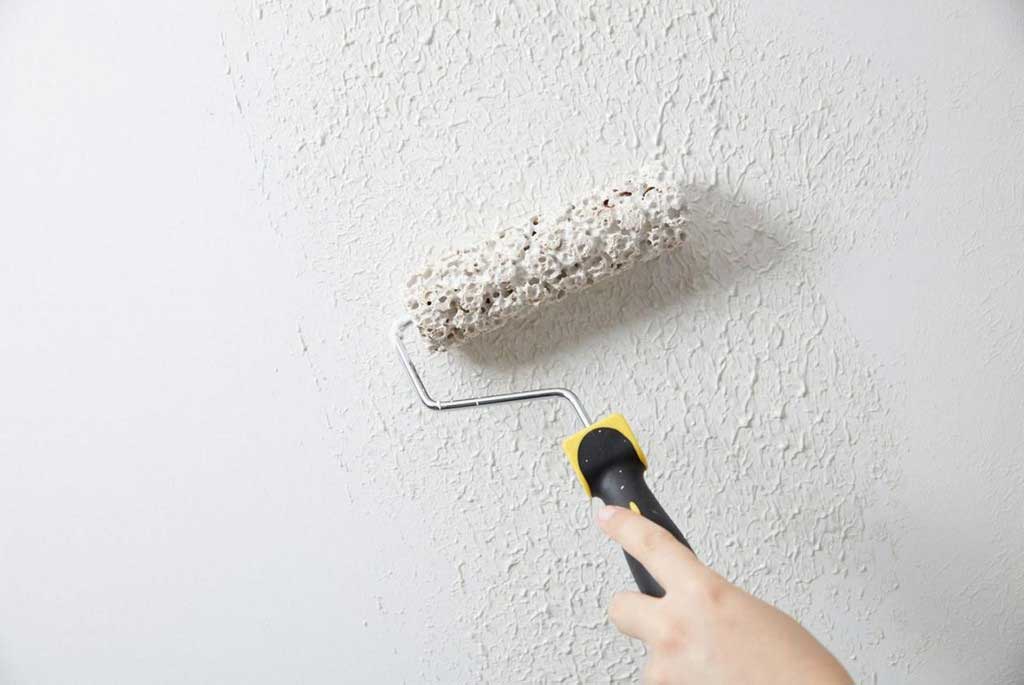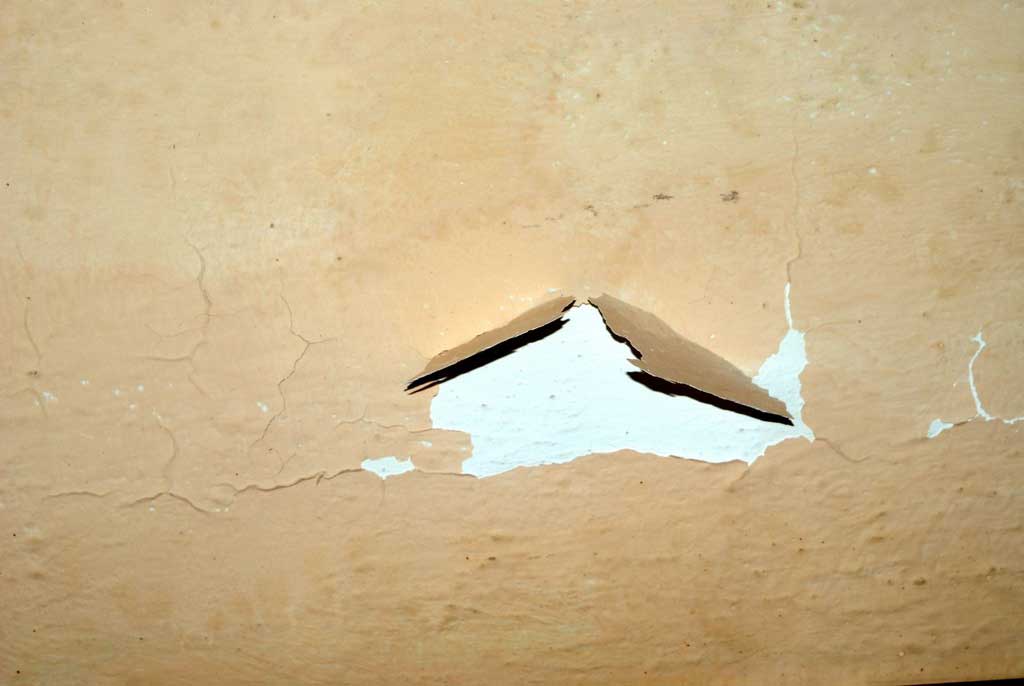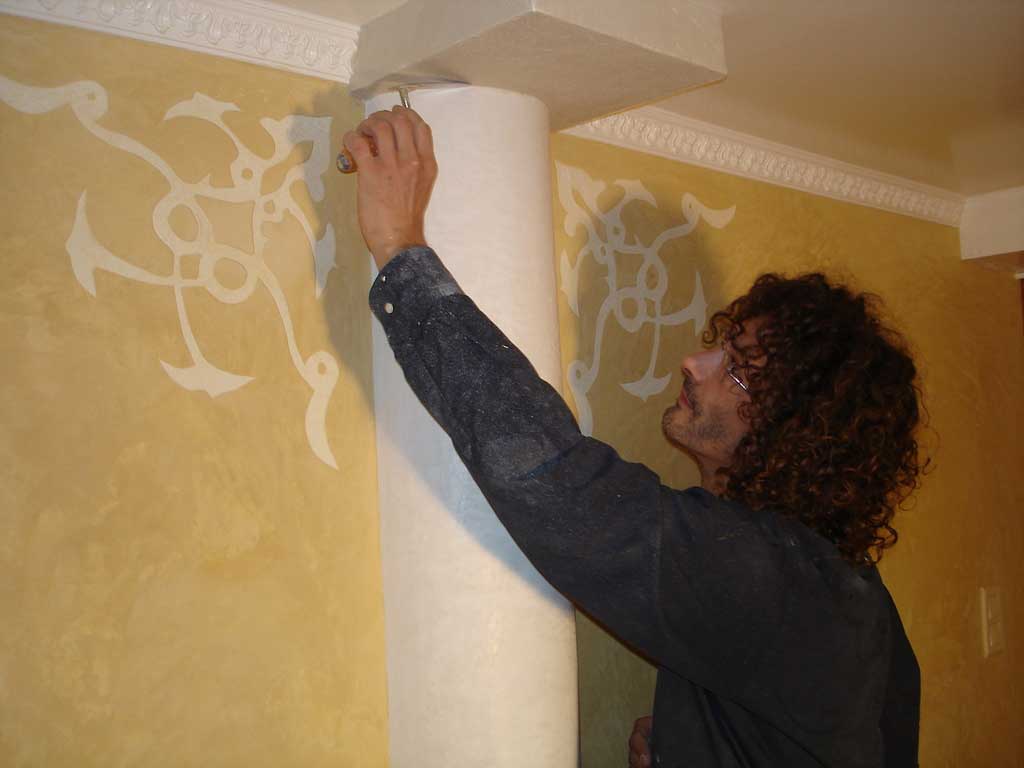Going To Do A Stucco Ceiling Paint Project? Read This 4 Proper And Simple Tips
Stucco ceiling has a rough texture that makes painting the surface tricky since it requires a different approach than painting a flat ceiling. Thus, you need to thoroughly prepare and select tools to aid you in completing the challenging task. Here are the four essential tips to know before starting your stucco ceiling paint project.

See also: 5 Best Wood for Ceilings That Will Transform Your Home Appeal
Several Aspects You Need to Know to Deal With Texture Ceiling Issue
1. Do Some Research
Careful planning is the key to getting a painting task done successfully. The first thing you need to be aware of is ceilings with a bumpy texture take quite a long time to dry. Therefore, you’ll have to wait at least 60 days after adding fresh stucco before repainting it to avoid future issues.
2. Choose the Tool that Suits You Better
Roller, brush, and airless sprayer are the best tools generally used for painting ceilings. Roller requires you to apply gentle pressure and avoid over saturating the area. In addition, you’ll need to be cautious about dribs and splatters that may fly in all directions due to the stipples.
Furthermore, stucco ceiling paint with brushes can be used to paint the hard to reach areas, such as the ceiling’s edges. It’s not recommended for the entire surface. If you decide to use it, make sure not to over saturate the stipple or apply pressure excessively to your tool.
The last tool is an airless sprayer. It’s an efficient approach to complete this painting assignment quickly and provide you with the finest adhesion. However, it requires a lot of preparation and setup. Thus, to achieve complete coverage, you must become familiar with the tool in advance.
3. Test the Ceiling Beforehand

There are two tests you need to confirm before starting painting your stucco ceiling. The first one is called the asbestos testing ceiling. You can do a DIY test for your stucco ceiling paint project by using a home asbestos testing kit, or you can contact a professional to come to your house and do the test for you.
Moreover, you also need to check for previous coatings on the ceiling. Knowing the number of coats already in your ceilings helps you estimate the amount of paint you’ll need for this endeavor. You can test it by spraying water on the ceiling. If it absorbs quickly, it either has yet been painted or has a thin covering.
4. Follow the Correct Finishing Step

After you paint it with a roller or brush, allow the area to dry completely. And then, you can repeat the process of painting it. The same goes for the other tool. The difference is stucco ceiling paint with an airless sprayer needs you to coat it in the other direction, perpendicularly.
Painting a ceiling with a rough and bumpy texture is more challenging than painting a smooth and flat surface. There are four tips for you to finish painting stucco ceilings effortlessly. You only need to get some research done before working on the assignment, get the best tool, test the ceiling, and finish correctly.
